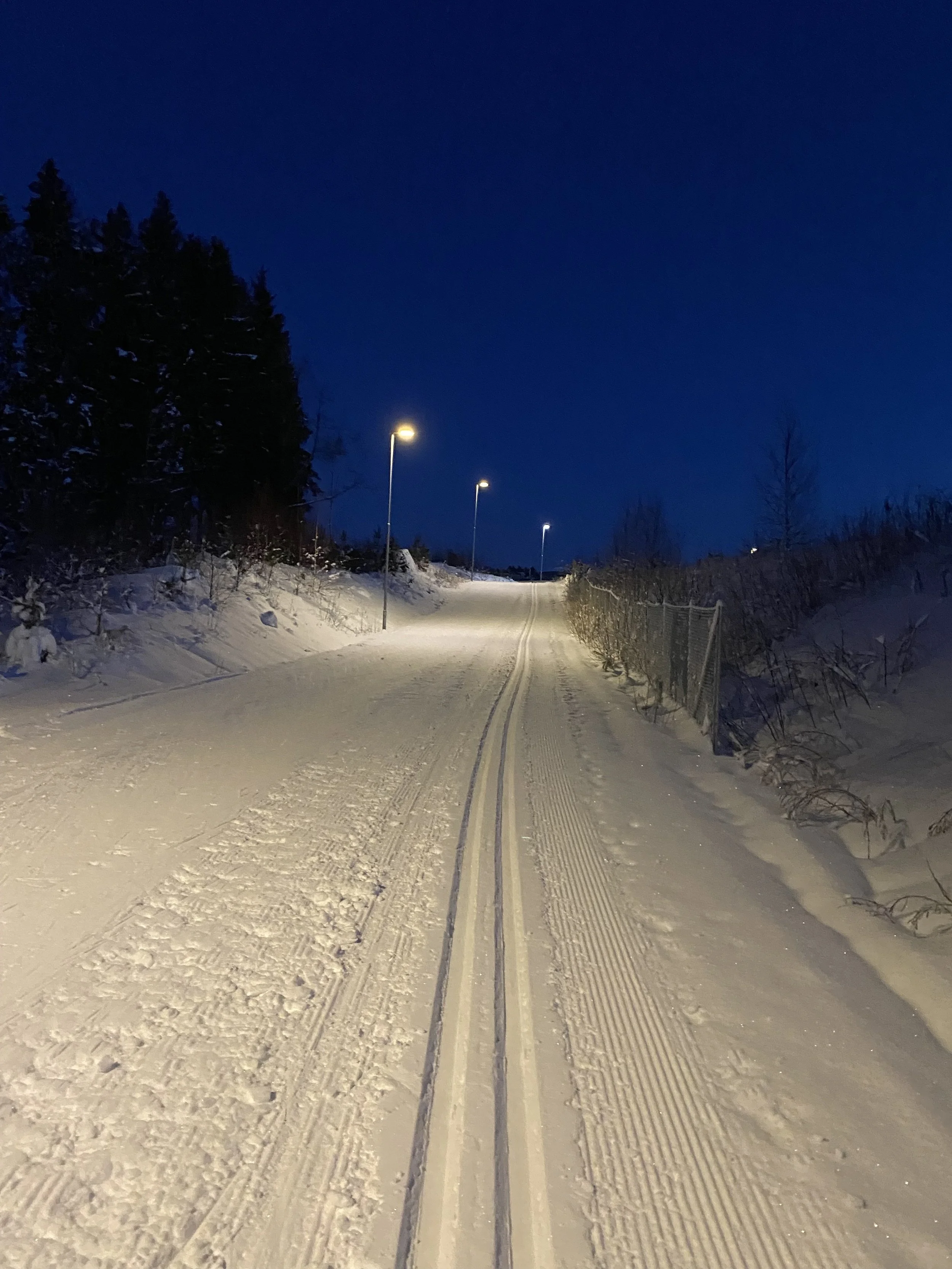In September 2020, this years Living Planet Report was published with the devastating key data:
The 2020 global Living Planet Index shows an average 68 % fall in monitored populations of mammals, birds, amphibians, reptiles and fish between 1970 and 2016. Species’ population trends are important because they are a measure of overall ecosystem health.
75 % of the Earths ice free surfaces is already significantly changed.
Most oceans are polluted
85 % of the wetland areas in the world has been lost
84 % decrease in the animalpopulatioz in freshwater
One million species (500.000 animals and plants and 500.000 insects) are in danger of extinction.
While writing this, we are still living with a pandemic that in large part was caused by the destruction of biohabitat, making the living conditions for animals severely worse.
However, there is still hope!
Sir David Attenborough released the documentary ‘A life on our planet’ where he presents the great challenges we have caused ourselves for our common Earth, but he also presents us with the ways in which we can combat it.
I can wholeheartedly recommend that you watch the documentary on Netflix, as it is more visually beautiful and impactful than written word, but for those of you who do not have access to Netflix, here are the key takeaways in an infographic from the WWF Living Planet Report:
The last half hour of the documentary, Sir David Attenborough discusses the ways we can prevent a future of further destruction:
We must rewild nature to prevent further loss of habitat and biodiversity. I have previously written about the project “Rewilding Europe”. Rewilding means to give back land, by protecting it. This we must do both on land and in the ocean. We must vote for politicians who are ready to take this great responsibility to protect the foundations for our livelihoods.
We must eat less meat, simple as that. If a higher percentage of the humans meals were plant based, we would need less land to produce the food and it would have a significantly lower carbon footprint. Changing your diet away from meat is one of the things we as consumers can do that have the highest impact on our carbon footprint. The EAT Lancet report can give you more indebt information about why this is better for both your health, and the Earth.
The human population must stabilise, and the way to do this is by raising people out of poverty, giving all access to health care and enable girls in particular to stay in schools as long as possible. The way to raise the standard of living for all people in this world, without increasing our impacts on it, is by truly investing in renewable energy sources like solar, wind and water power.
Here you have the facts, but in order for this to make a lasting memory and to remember why the Earth is worth fighting for, I really recommend that you watch the documentary to see for yourself just how wonderful and vulnerable the Earth with all its life truly is. We are here together, right now, and the power is within our hands whether to protect it or not.
Again, as always, thank you for caring for our one and only common Earth.






